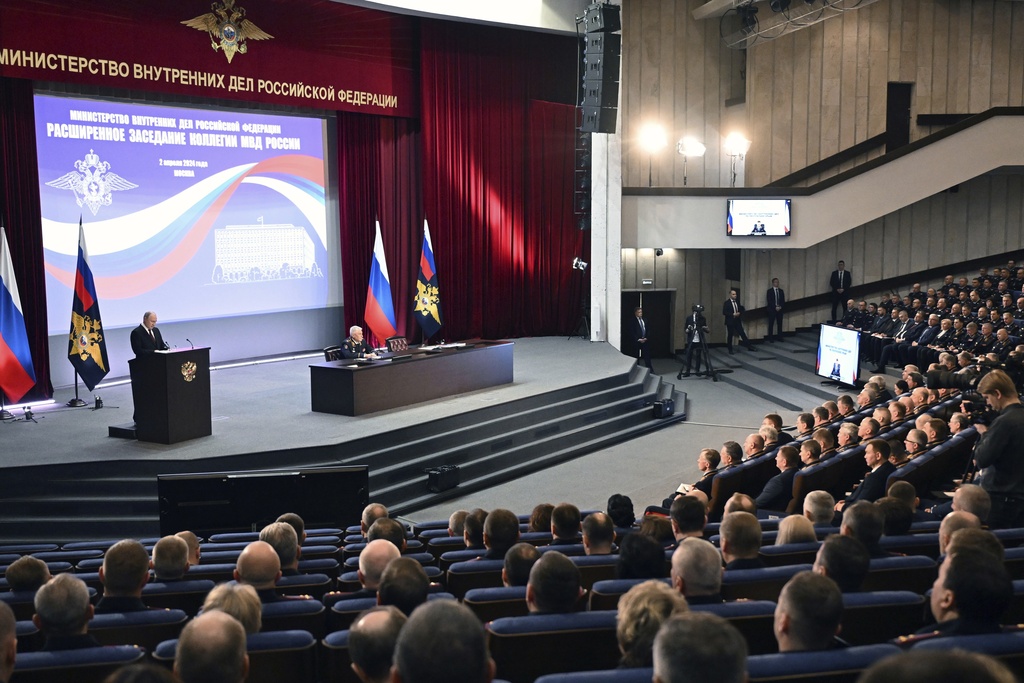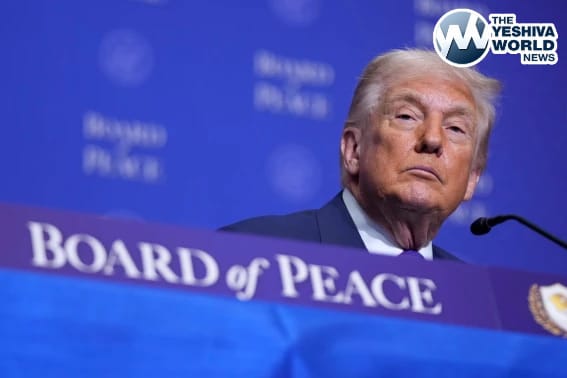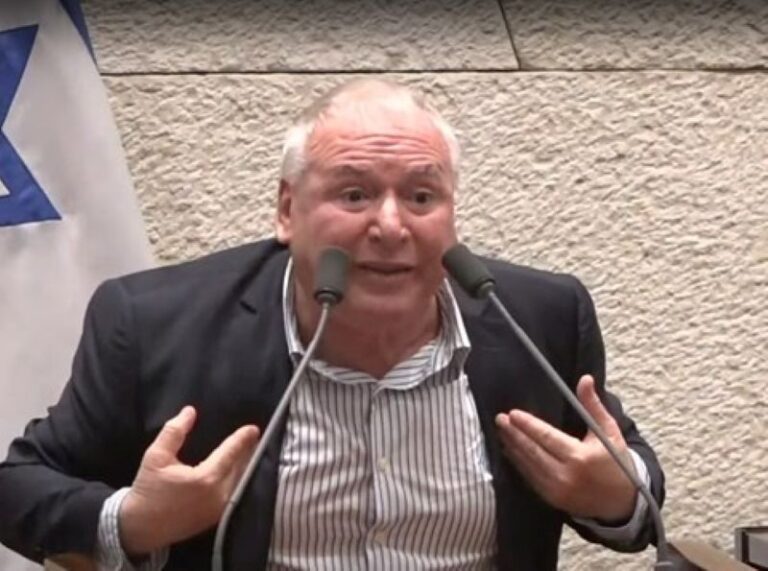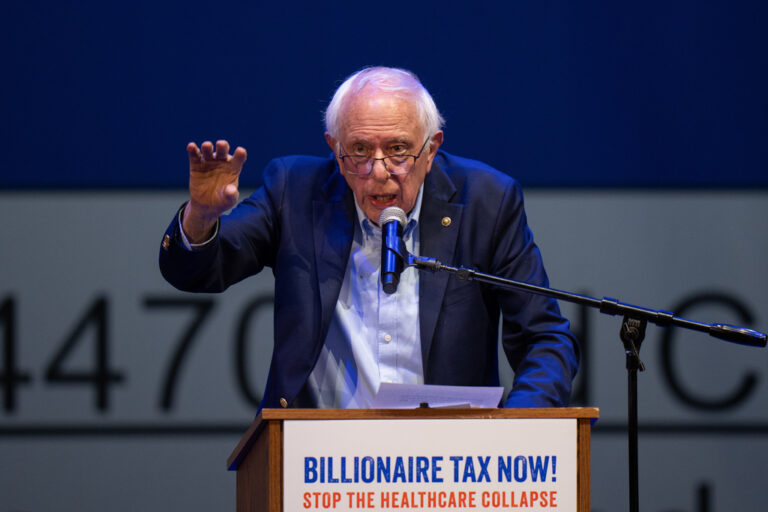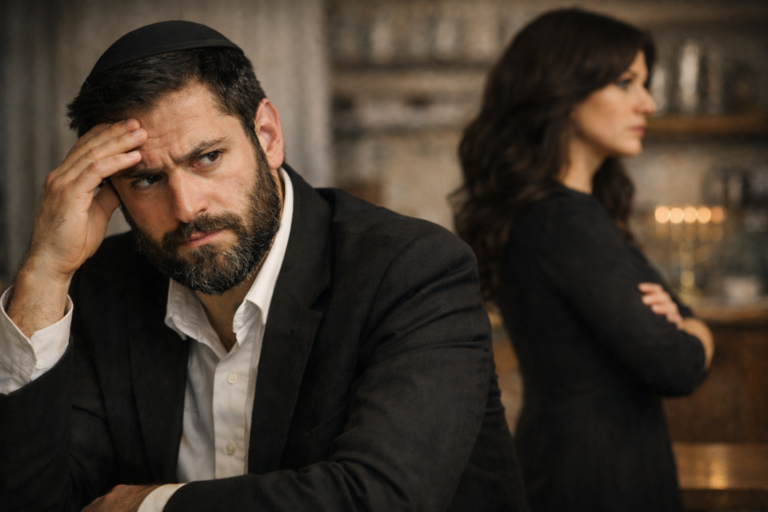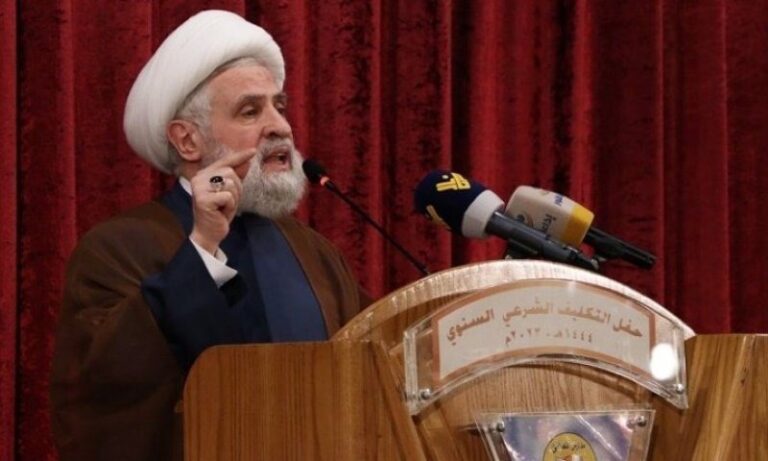President Vladimir Putin vowed Tuesday to track down the masterminds of the Moscow concert hall attack that left 144 people dead in the worst assault on Russian soil in two decades, and urged its law enforcement agencies to tighten security at mass gatherings.
Putin has repeatedly sought to link the March 22 killings to Ukraine and the West despite the Islamic State group’s claim of responsibility and Kyiv’s vehement denial, as well as a U.S. government warning to Moscow days earlier of an imminent attack.
Speaking at a meeting with top officials of the Interior Ministry that oversees the nation’s police force, Putin said it is important to determine “not only the perpetrators of this outrage but all links in the chain and its beneficiaries.”
He added, in an apparent threat of retaliation: “Those who use this weapon against Russia should realize it’s a double-edged weapon.”
Putin said that the masterminds of the concert hall raid sought to “sow discord and panic, strife and hatred in our country in order to break up Russia from within,” adding that “we mustn’t allow them to do that.”
“It’s inadmissible to use the tragic event to provoke ethnic tensions, xenophobia and Islamophobia,” he said.
Russian security agencies have detained four suspects, all of them citizens of Tajikistan, and seven other alleged accomplices.
The attack has fueled anti-migrant sentiments and drawn calls from Russian hawks to limit immigration despite the fact that the Russian economy strongly depends on such workers, most of them from ex-Soviet nations in Central Asia, including Tajikistan.
Russian media reported that authorities have strengthened controls over migrants following the attack.
Putin urged the Interior Ministry to tighten controls on illegal migration and close loopholes in existing procedures that allow people with a criminal past to get work permits and even Russian citizenship.
The lapse in security has led many to wonder how gunmen could easily kill so many people at a public event. Kremlin critics have argued that it was rooted in the vast Russian security apparatus focusing not on threats of terrorism but on stifling the political opposition, independent media and civil society groups in the harshest crackdown since Soviet times.
Putin said the authorities are investigating the performance of law enforcement structures and other agencies in the concert hall attack. He urged law enforcement agencies to strengthen security at public gatherings.
“We have paid a very high price, and the analysis of the situation must be objective and professional,” he said. “It’s important to do that in order to take ensuring security and order at mass gatherings, sports facilities, transport, trade and recreational centers, schools, hospitals, universities, theaters and so on to a new level. All those facilities must be under constant control.”
Putin again charged that Moscow’s foreign adversaries were aiming to “ruin what is left of historic Russia, to break up its core” in order to win control over the country’s vast resources.
“Some of them are trying to preserve their hegemony in today’s rapidly changing world at our expense,” he said. “Some apparently saw our country as a weak link. They are mistaken.”
The Islamic State affiliate in Afghanistan claimed it carried out the attack, and U.S. intelligence said it had information confirming the group was responsible. The U.S. government said it told Russia in early March of an imminent attack under the “duty to warn” rule that obliges U.S. intelligence officials to share such information, even with adversaries. It was unclear how specific the tip was.
The U.S. Embassy in Moscow also issued a public notice March 7 advising Americans to avoid crowds in the capital over the next 48 hours due to “imminent” plans by extremists to target large gatherings, including concerts. Just three days before the attack, Putin dismissed the U.S. Embassy notice as an attempt to scare or intimidate Russians and blackmail the Kremlin.
The chief of Russia’s Foreign Intelligence Service, Sergei Naryshkin, confirmed that Moscow received the U.S. tip but said it was lacking detail.
“The information was too general and didn’t allow to fully identify those who were involved in that horrible crime,” Naryshkin said, following a similar statement last week from Alexander Bortnikov, the director of the Federal Security Service, Russia’s main domestic security agency.
(AP)

